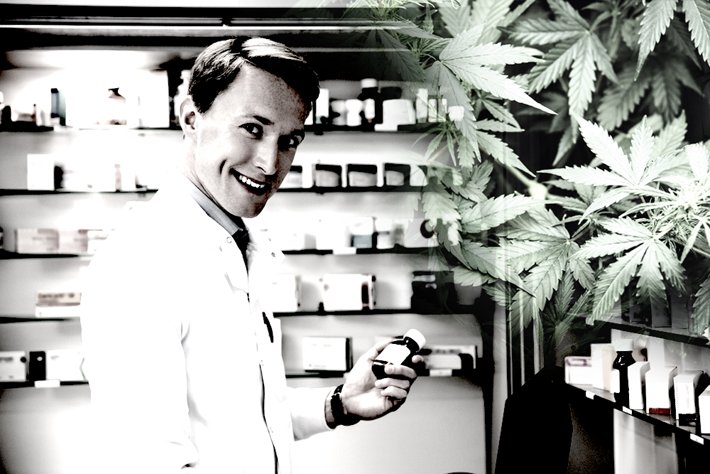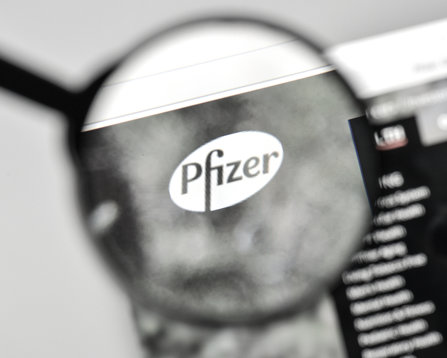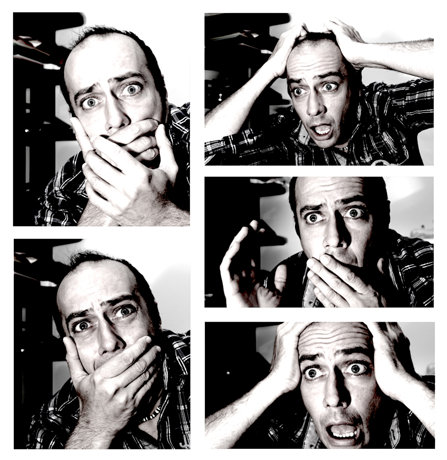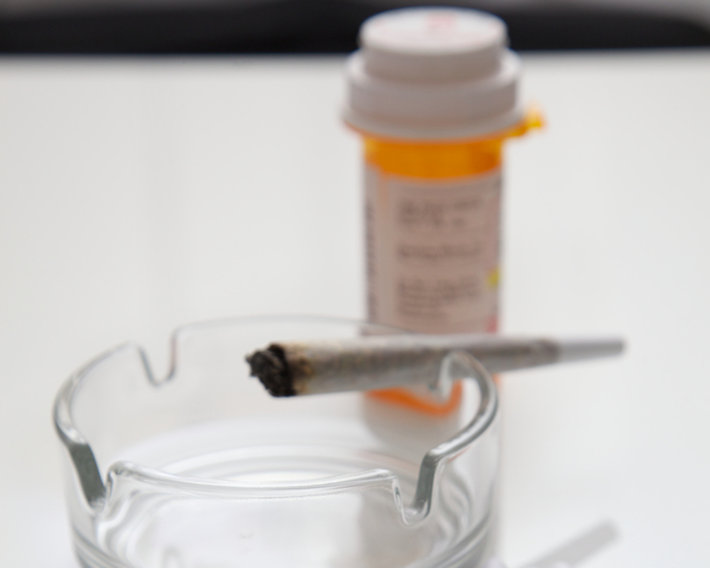Medication for Marijuana Withdrawal: Is the Cure Worse Than the Condition?

A recent study from the Yale University School of Medicine states that a drug described as
PF-04457845 can be effective when used in a treatment program for those recovering from marijuana addiction. The professor who led the research said that the drug reduced withdrawal symptoms and the quantity of marijuana used during the four weeks of inpatient and outpatient treatment.
Is this a useful drug or not? Is it vital to find a drug-based treatment for withdrawal from marijuana or not? Understanding the answers to these questions might take a little explanation.
We’ll break it down.
What Is the New Drug Proposed for This Treatment?
PF-04457845 is a drug that blocks an enzyme (called FAAH) that breaks down and eliminates anandamide—a natural endocannabinoid in the brain. An endocannabinoid is a chemical produced by the brain that has a similar effect on brain cannabinoid receptors to that of cannabis.
Because FAAH is blocked, the brain develops higher levels of anandamide which then has a greater impact on the same brain receptors targeted by the chemicals in marijuana. FAAH blockers are being tested by some pharmaceutical corporations to see if they can be used for pain relief.

The “PF” refers to the fact that this drug was developed by the Pfizer pharmaceutical corporation. Pfizer also manufactures buprenorphine, fentanyl, ketamine, lorazepam, and alprazolam—all addictive drugs that are used medically and often sought on the illicit market by those who are addicted to them. They also manufacture naloxone, the antidote to opioid overdoses.
What Does It Mean When a Study Is Successful?
It means that the drug or treatment being studied works better than doing nothing (using a placebo). This is not a very stringent test to pass.
Why Was Yale University Running a Trial of a Drug Developed by the For-Profit Corporation Pfizer?
Pfizer abandoned this drug and Yale University is continuing studies related to its possible uses. It is possible the drug was abandoned by Pfizer because of the injuries (including one death) suffered by six people in a clinical trial of another FAAH blocker.
Are There Non-Drug Ways of Increasing Anandamide in the Brain?
Yes, there are and none of them are intoxicating or addictive. There are reports that ways to increase anandamide include:
- Running
- Dark chocolate
- A good diet with lots of fruits and vegetables
- Black truffles
What Is Withdrawal from Marijuana Like?
Withdrawal after a person becomes addicted to marijuana includes these symptoms:
- Craving for marijuana
- Irritability
- Anger
- Depression
- Sleep disturbances
- Decrease in appetite
- Weight loss
Does the Drug Have Any Side Effects?
- Constipation
- Headaches
- Sleepiness
This drug has been found to reduce the REM (rapid eye movement) sleep in rats and in 2010, a study was completed to find out if this drug also reduces REM sleep in humans. The results of this study do not seem to be publicly available so it is not possible to evaluate this particular effect on humans.
Longer periods of REM sleep are associated with a lower susceptibility to post-traumatic stress disorder, an enhanced ability to decipher facial expressions, and more stamina in the face of fearful events. Poor-quality REM sleep is associated with higher levels of Alzheimer’s disease and depression.
What’s the Problem with Using It for Marijuana Addiction?

Marijuana withdrawal has distinct symptoms but none are excruciating or life-threatening.
Compare the list of withdrawal symptoms above with these symptoms of opioid or alcohol withdrawal:
- Delirium
- High fevers
- Convulsions
- Muscle cramps and pain
- Profuse diarrhea
- Vomiting
- Delusions
- Seizures
- Hallucinations
- Death
Is marijuana withdrawal really a problem that needs a solution?
Could This Drug Itself Create Dependency?
That’s a very good question. The drug boosts the cannabis-like chemical in the brain. The study does not examine whether or not there is a “rebound effect” of increased desire for cannabis when PF-04457845 is discontinued.
A rebound effect is the reappearance of the symptoms that were being controlled by the drug when that drug is discontinued. A rebound effect can result in symptoms that are even stronger than they were before the drug was given.
It would make sense that if the drug were no longer administered, the patient might be so accustomed to its presence that cravings would kick in when the drug was discontinued. This study did not include an examination of the effect on the study participants when the drug was no longer given. It would be valuable to have this information.
More Data We Don’t Have
Perhaps it would be worthwhile to administer this drug if it resulted in a high rate of patients staying sober after they completed treatment. The description of this study did not include any mention of how many people successfully stayed marijuana-free after the completion of this four-week inpatient and outpatient study, which would seem to be the real reason one would go through a withdrawal protocol anyway. This gives us no way to verify success. Therefore, we don’t even have that statistical result available for evaluation.

If you’re anything like me, you ask yourself: Do we really need a prescription drug to alleviate marijuana withdrawal symptoms?
While some drugs save lives, they all have some toxic side effects, some of which may not be revealed for years after patients start taking it. Is it really that hard to tolerate anger, irritability, and sleep disturbances while in treatment for marijuana addiction, if you have the right support?
It would also be interesting to find out if any companies working on marijuana addiction treatment drugs have contributed to cannabis legalization campaigns across the country. Maybe you wonder, like I do, if this is just the pharmaceutical industry looking for a way to make more profits from this country’s widespread problem with drug use and addiction.


 ®
®